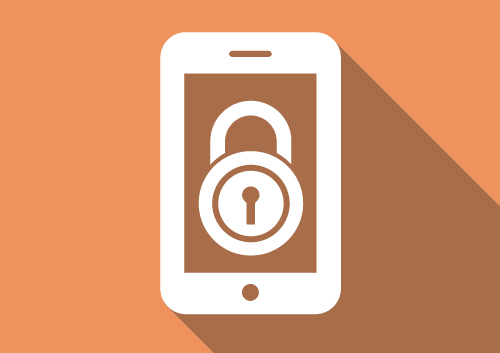
10. Malware is on the rise
The threat of malware on mobile platforms is growing steadily as more and more cyber criminals target mobile devices in increasingly sophisticated ways.
9. Byod is a challenge
There are obvious benefits to the BYOD (Bring Your Own Device) trend, but it also creates IT challenges and exposes your company to new threats.
8. Choose devices carefully
Not all devices and platforms are created equal – some are more secure than others.
7. Choose apps carefully
Don’t blindly trust that third-party apps meet your security standards and requirements. You are responsible for ensuring compliance, so do your homework.
6. Use encryption
Encryption should be mandatory for your data in transit. Consider encrypting in the cloud as well if you want to ensure there’s no exposure risk.
5. Require authentication
Without authentication in place a lost mobile device serves as the keys to your kingdom and anyone who finds it can gain entry to everything.
4. Control connectivity
Your file servers may be safe and secure behind a firewall, but it’s all for nothing if mobile devices share files on unsecure public Wi-Fi networks or via Bluetooth.
3. Maintain an audit trail
Ensure that every point of entry is identified and every action creates a trail which can be clearly followed. You must see the flow of data in order to protect it.
2. Test your defenses
You can spend millions on a mobile security system, but how do you know that it works if you never put it to the test? Get third-party experts without prior knowledge to try and break it.
1. Enforce MDM policy
You can have the best Mobile Device Management policy in the world, but if you don’t monitor, test and enforce it then it’s useless.














